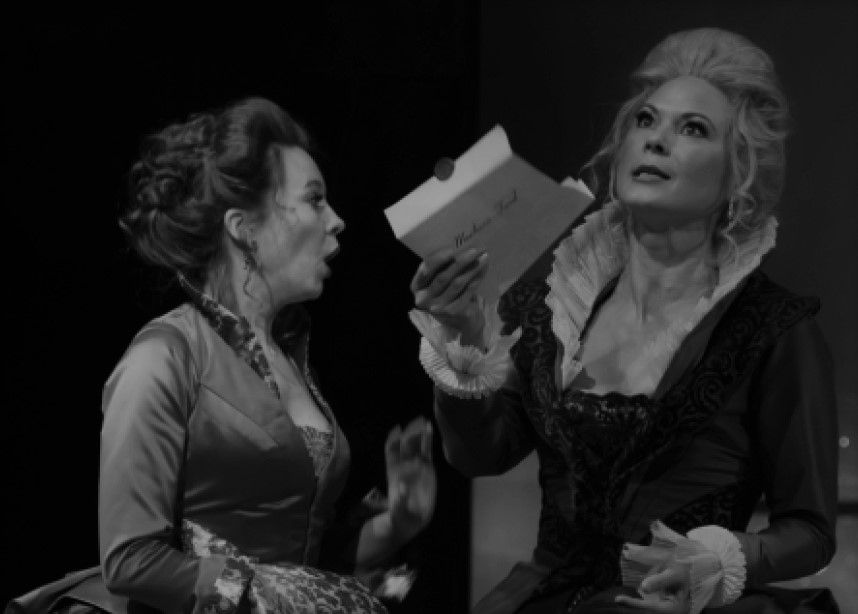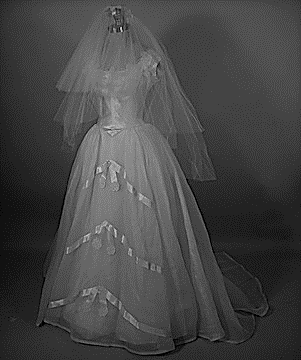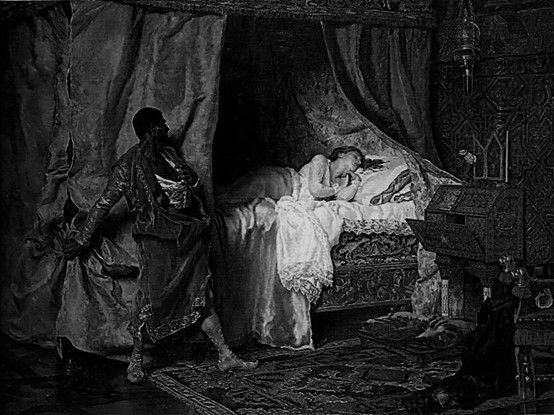Mary and Margo
- rjlucking66
- May 2, 2022
- 4 min read

Mary’s beautiful mellifluous soprano voice removed the stains of living, showering happiness like confetti. To hear her sing was to inhale and exhale the glory and delight of being alive.
In a street devoid of art, her celestial voice wafting over washing lines, drowned vulgar sounds of fucking and fighting, the whistling of shift workers and screaming babies.
Tragically, her life did not reach the heights of her vocal cords.
In marriage to John, Mary was lamentably imprisoned far from happiness and light.
John, a sour-faced, conceited, pretentious, insipid, misanthrope, grump of a man, unbearable and burdensome, was incapable of restraining a propensity to pick holes in Mary and anyone close to her.
John held a management position in the Railway works, where he could reliably be found late into the night hunched over his desk, checking clocking in cards for infractions and plotting to penalise offenders without mercy. A task that seemed to demand even more of his attention in the run-up to Christmas.
On Autumn evenings, Mary sat in sad quiet contemplation, freedom from that wreck of a marriage or of ever being the recipient of tenderness, never crossing her mind.
Unfulfilled dreams and a shared love of the arts, go some way toward explaining Mary’s bond with Margo, a mysterious cultured lady who moved next door sometime in the 1970s. A friendship that thrived like Buddleias in the most inauspicious conditions, one built on a shared artistic aloofness that lifted them above the chaotic, and for which I have strived ever since.
Margo ‘the mad bride,’ was in the unyielding grip of a compulsive fixation to parade up and down the street in an antique bride’s dress even in atrocious weather, accosting passers-by.

My mother went out of her way to avoid Margo. “Jesus wept, haven’t I enough on my plate without listening to that mad one again.”
If I close my eyes, I can hear Margo retelling her tale to anyone who might listen. When an audience could not be found, she told it to the wind.
Margo
“Elizabeth Windsor, the Queen of the United Kingdom, and Head of the Commonwealth came backstage at the Theatre Royal Drury Lane after the curtain closed on the silver jubilee performance of ‘As you like it.’
I was playing Rosalind stroke Ganymede (she strikes a pose and recites).
‘Men have died from time to time, and worms have eaten them, but not for love.’
Her Majesty asked what drew me to the role, I answered that I wanted to make the world a less punishing place, she smiled and moved on.
Only fairy dust could transform this home of the precariat, this sad dirty little street leading to nowhere, full of idling dogs, exotics, the slightly menacing and a certain uncultivated dimness.
A young actor cannot afford to be too discerning when it comes to using regional rep as a stepping-stone to greater things.
In the early seventies, I played Desdemona in a touring production of Othello at the Victorian Theatre in this godforsaken place so far removed from my London life.
A strange mix of white-collar managers, manicured wives, and a sprinkling of ‘track rats,’ rough fellows, railway labouring types who only attend the theatre for discounted alcohol filled the auditorium.
During my death scene, a charming West Indian wonderfully playing Othello, stealthily approached my perfectly still alabaster body, showing just enough breast to excite.

With a little artistic license, he cried “Oh, Desdemona, dead Desdemona, dead, what is to be done?”
The manicured wives wept into their perfectly pressed handkerchiefs, their thick-necked husbands shuffling uncomfortably about their seats, guzzled warm brown ale as a ruffian shouted, “Fuck her before she goes cold.”
That my dears, is illustrative of this cultural dessert, with its built-in obsolescence.
Never in a month of Sundays would I have dreamt that I would play out my life here with these people and their evolutionary experimentation.
When starring as Helga ten Dorp in Ira Levin’s ‘Death-trap,’ backstage at the Garrick, I fell in love with a handsome, rippling, silhouette.
No wonder he hurried us North, he owed thousands to casino owners across London.
Why do women attract brain-damaged degenerates?
When we moved here it was cherry blossom heavenly, forever springtime, now there is only cold hard rain.
Was it too much to ask to find a love honest in deed and word?
How so?
As I desired more love and knowledge of him, he desired to drain our bank account.
I could drown this stage with tears.
Desolate with ordinariness, unfamiliar, incomprehensible. (She shakes her head as if trying to understand.)
Carrying the weight of myths and half-truths, I sold my books, my paintings, my kilims, everything, just to live in monochrome, surrounded by the sad and humdrum.
How friendly and warm-hearted the theatre may seem; how desolate it can be.
Fairweather friends are long gone, a cast of cowards all.
We were young, attractive, rebellious, ruthless, and unattractive. Full to the brim with certainty that we were entitled to a future live and quick with possibilities.
Happiness is but a flimsy overrated idea.
I was with child and penniless. Penury is so unattractive.
He promised to marry me but fled as soon as the money ran out and our daughter was born. She succumbed to the damp. Her father never showed his face again, not even at her graveside.
I still weep the poison of deep grief.
I sought solace in my own company.
The doctors diagnosed shock and prescribed shocks to the brain.
Faceless nurses dragged me into a cold tiled room, strapped me to a table, shoved a rubber bit between my teeth and attached electrodes to my temples. A scientific miracle to make me forget.
My mind is a crude oil mirror black abyss, inviting and terrifying.
Is there a balm for hurt minds?”
Weekly between May and September whilst Mr Grump was at work, Margo recited Shakespeare and Mary sang Arias at a secret garden party, two roses in a world of thorns.
On Grump’s return, the garden stilled like winter.
Neighbours, chairs, and rudimentary picnics vanished as though they had never existed. The discovery of a child’s footprint in grumpy John’s flower bed led to shouty goings-on and the cancellation of two performances until things settled.

The mean spirited with no knowledge or appreciation of art refuse to see the good in anything. Those destroyers who never miss the chance of a joke at the expense of the desolate said Mary and Margo were “mad dried-up lesbians.”
Those wonderful women felt such insensitivities with great sensitivity long associated with artists.




Comments